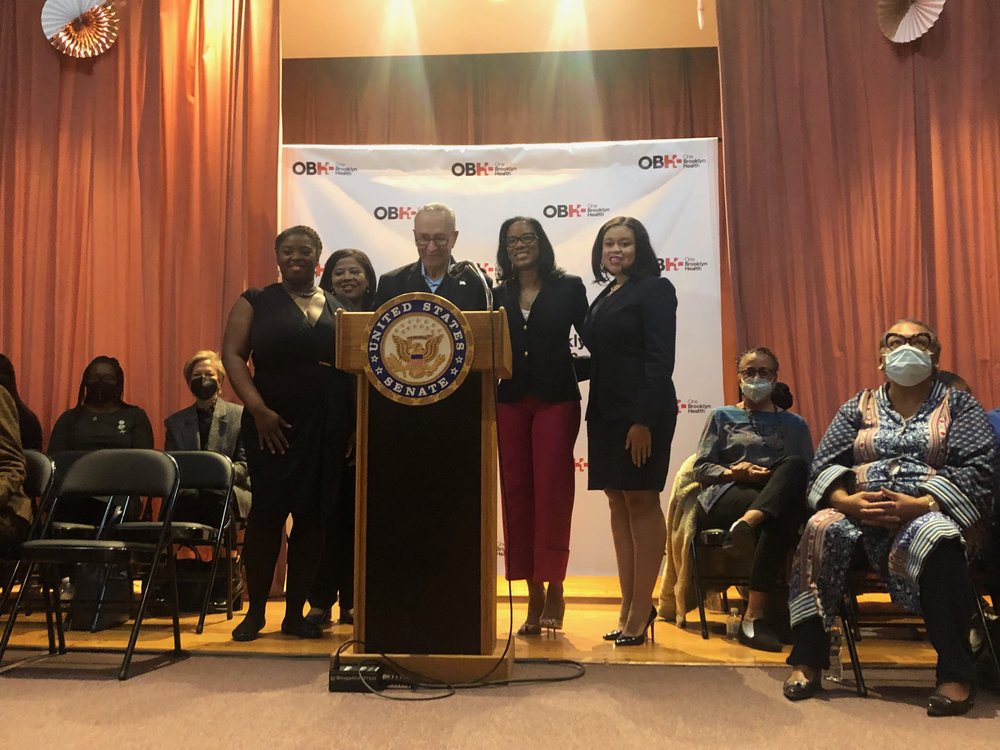Grand Care Pharmacy gives community a boost
Amid the surge of the Omicron variant of COVID-19, Grand Care Pharmacy in Maspeth is ready to serve the community.
“At Grand Care Pharmacy, we are giving out booster shots to eligible people of all ages and communities,” said Dr. Trevor Latchminarain, pharmacist and owner at Grand Care Pharmacy. “We vaccinate approximately 60 to 80 patients daily with the booster shots. We are so happy to see that so many people have confidence in the vaccine, while at the same time ensuring that our communities are staying safe.”
Latchminarain says patients have been eager to get their booster shots and the pharmacy has been getting positive feedback from patients.
“The only requirement for getting the booster shot is ensuring that you are within the eligible time frame to obtain it,” Latchminarain says. “If you received two doses of Pfizer or Moderna, you would need to wait six months after your last dose. If you were vaccinated with Johnson & Johnson, you will need to wait two months from your last dose.”
A 2009 graduate of the St. John’s School of Pharmacy, he says some have received their COVID-19 booster shot and then came back for a flu shot the following week.
“About 25 percent of the patients who received the booster shot are also taking their flu shot,” Latchminarain says. “Some are not comfortable taking both at the same time, but they do come back for both ultimately.”
Grand Care Pharmacy also offers PCR testing. The test involves a simple nasal swab, and results are returned in less than 24-hours, making it convenient for people who need a COVID test for work or travel.
“PCR testing is free to all,” Latchminarain said. “You can fill out the form at grandcarerx.com or simply walk-in.”
Grand Care Pharmacy opened in Maspeth in July of 2019. In November, Martin Luther School honored Latchminarain with the “Shot in the Arm” Award for his efforts to support the student body.
Latchminarain has provided weekly testing to the school and used their parking lot as a weekend pop-up site for testing and vaccinations.
“Trevor has been a great addition to Maspeth’s business community and a great friend to Martin Luther School,” said executive director Jim Regan. “We were honored to recognize him.”






